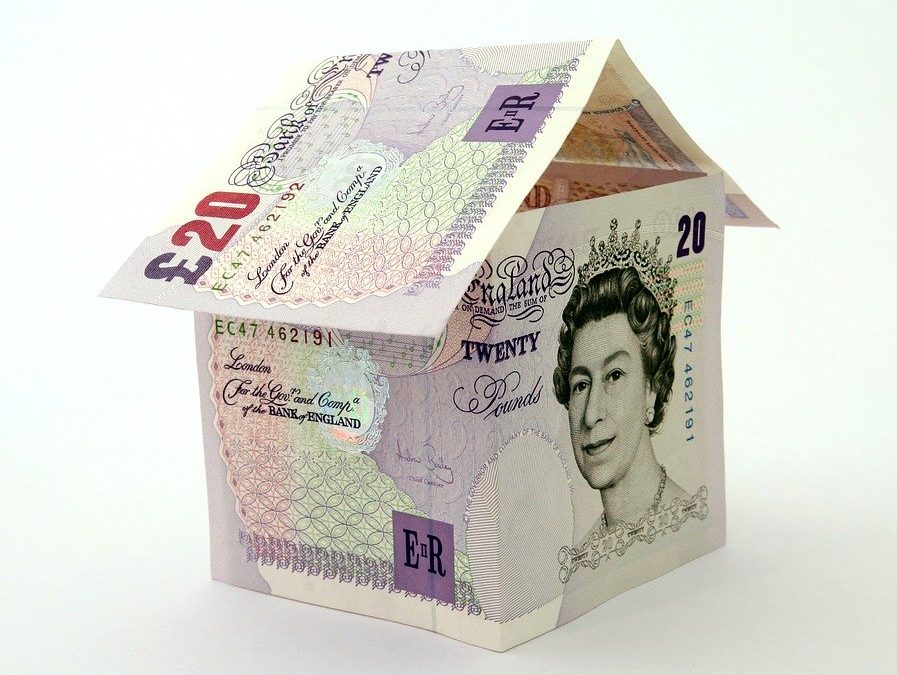
Commercial Awareness Update – W/C 26th July 2021
July 26, 2021
Class action suits against Google and Apple
July 30, 2021Article by Alina Kazmi.
This article concerns the increase in house prices since the pandemic and whether the growth is sustainable. It will discuss the potential reasons for the house price increase and its impact.
Background
The UK’s housing market has thrived during the global pandemic and house prices have soared. Rightmove’s latest house price index found that the average asking price rose to £338,447 in June 2021. Although there are concerns that the demand outstrips supply, the past year has been good for the property industry and sentiment overall.
UK mortgage lending also jumped to a record high in March 2021 as buyers rushed to beat the stamp duty holiday (Bank of England). It is predicted that the housing market will crash after the stamp duty relief deadline. History tells us that such a meteoric rate of house price growth is not sustainable.
Furthermore, rising house prices will put further upward pressure on inflation. Inflation numbers have soared, although the UK has not fully opened its economy. Nationwide’s latest housing market report figures, which are for mortgages that have been agreed, showed annual price inflation at its highest level in 17 years.
If inflation is sustained, it will put more pressure on the Bank of England to increase interest rates. High interest rates could either stabilise house prices or damage an individual’s ability to afford houses. This is dependent on whether increased interest rates are sustainably high.
Why are House Prices Increasing?
Several households and businesses were cutting costs and saving during the lockdown, which led to a spurt once stamp duty relief was introduced and mortgage lenders offered lucrative packages. Household savings during the pandemic are estimated to be about £7,800 per adult. Buyers scrambled to take advantage of the stamp duty holiday. UK house prices increased by a further 10% amid the looming stamp duty holiday deadline .
However, according to economists at PWC, stamp duty relief was not the only factor pushing prices up, as the market continued to be supported by a shift in preferences towards more spacious property. The national lockdown led to remote working, which caused the change in preference towards spacious property outside the city. During the pandemic, homeowners have reconsidered the best place to live and reflected on their quality of life, supported by flexible working.
House prices are continually increasing because there is now a mortgage price war, as banks fight to keep momentum. Buyers can obtain cheaper mortgages as banks are now competing to win their business. HSBC and TSB are now offering the cheapest deals since records began (Moneyfacts). Will the race to the bottom continue after the furlough scheme comes to an end and the economy has opened entirely?
Impact
Although the economy is not completely open yet, there is fear that there will be a rise in unemployment due to the end of the furlough scheme. High interest rates, unreachable property prices, and unemployment may mean that people will not be able to afford houses, resulting in more properties being rented, and the housing market will see a decline.
The UK has reached the highest rate of unemployment since 2015. Fewer people can afford properties with extortionate purchase prices and maintaining mortgage payments. The Guardian revealed that the median wage of £33,920 is insufficient to access a mortgage on a median-priced property, in three-quarters of local authorities nationwide. This could result in talented workers being ‘priced out’ of London, the financial hub and other big cities. Contrarily, if the rise in unemployment due to the end of the furlough scheme does not happen, there could be another big boost in the economy.
Looking Forward
House prices are always fluctuating. It will be interesting to see how economic activity adapts once the furlough scheme comes to an end. If the economic situation is not as bad as expected, the housing market may see another boost. The rising house prices also show the current growth in the economic market. The growth may be sustainable, especially if homeowners are able to sell their house for more and downsize the property.
Law reform can indirectly tackle a housing crisis. This could be achieved through stronger employment rights, which would increase job security and lower the number of workers that can be made redundant unexpectedly. Strong employment rights would mean that more workers could keep up with their mortgage payments, or move to cheaper accommodations in between jobs.
However, inflation and high interest rates may result in individuals cutting back on buying houses and spending money on properties. This creates a challenging market for lawyers serving such clients, but the litigation sector will continue to strive between mortgage lenders, landlords and tenants.
Lastly, the energy sector in real estate may have increased work due to a shift towards renewable energy and building eco-friendly housing estates. There is a challenge of balancing conflicting clients’ desires to be competitive in the property market, whilst needing to ensure that they are acting sustainably. Law firms with lawyers who can adapt to the prevailing market conditions to meet the needs of clients will excel.





